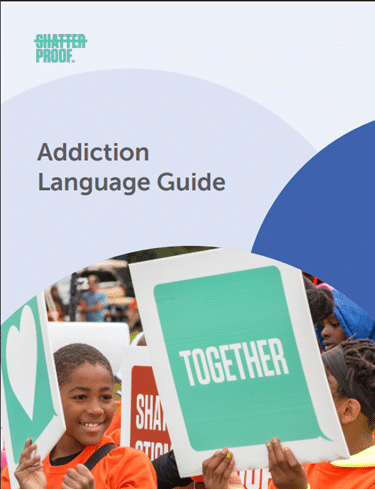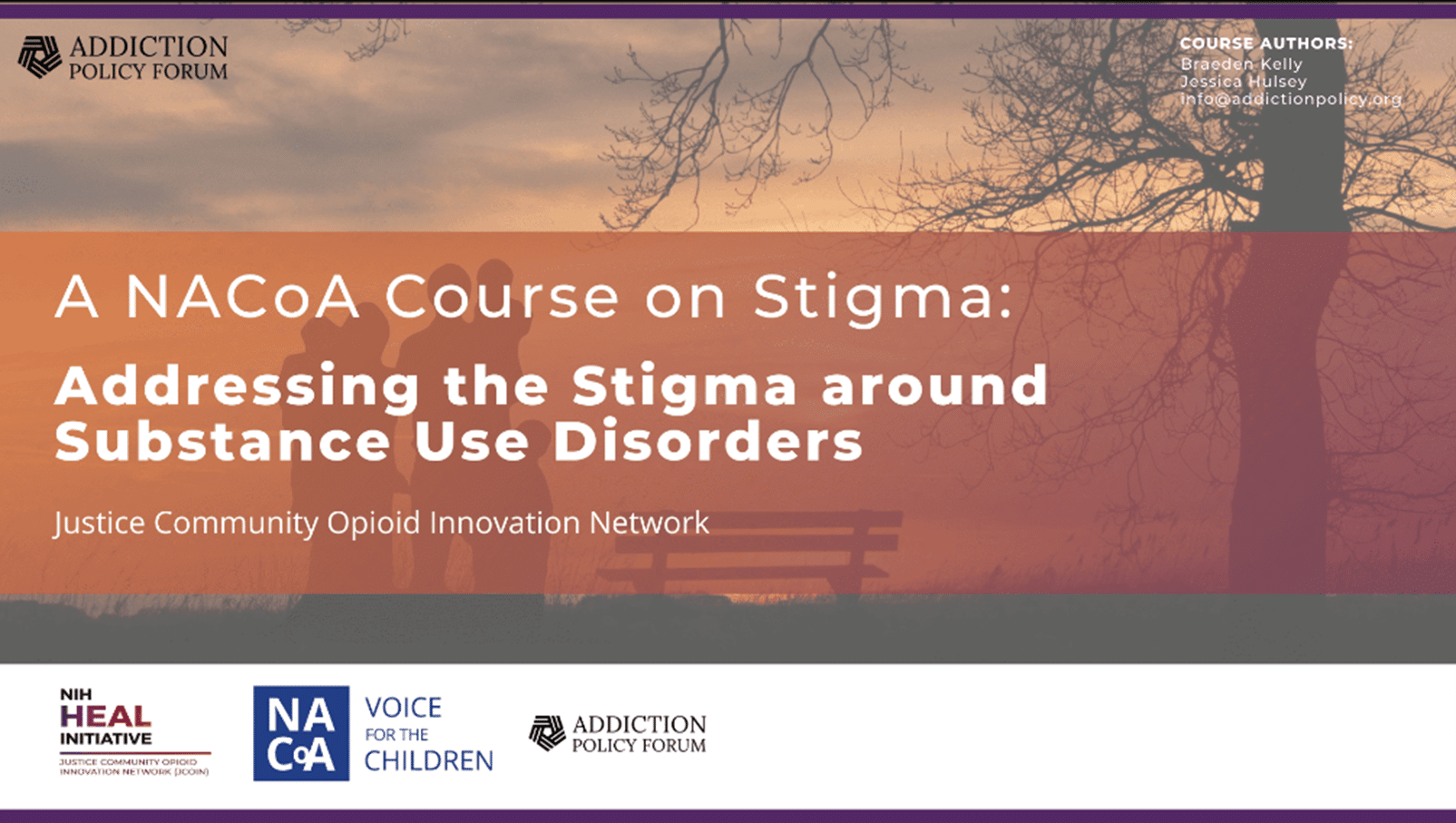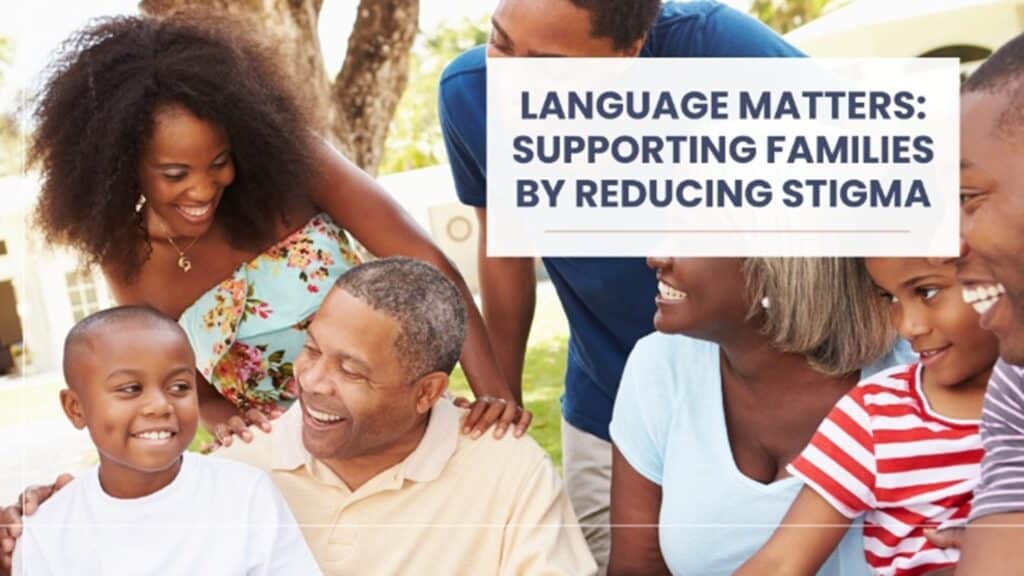Here at NACoA, we pride ourselves on being the voice of children in need, and ensure that that voice is always free of stigmatizing language. Terms like addict, junkie, user, abuser, and drunk speak in a derogative fashion about the person, and the family. The addiction community has been very committed to creating a respectful landscape of non-stigmatizing, supportive language. But the general community is a bit slower to accomplish the same. Children and families affected by the disease of addiction are hearing such terminology, and at times are being spoken to in such a way that re-enforces the fears that they are in fact lesser than, flawed, or hopeless. Most of the time, when these types of references are used, it is due to a lack of education and understanding about the disease of addiction, substance use disorders (SUD), the affect the related trauma has on families, and how people can access help.
Support Begins With Understanding
NIDA (National Institute of Drug Abuse), provides essential guidance about the importance of language when working with individuals and families impacted by substance use disorders:
Addiction is a chronic but treatable medical condition. Often unintentionally, many people still talk about addiction in ways that are stigmatizing—meaning they use words that can portray someone with a substance use disorder (SUD) in a shameful or negative way and may prevent them from seeking treatment. With simple changes in language, harmful stigma and negativity around SUD can be reduced or avoided.
Many discriminating words and myths are used by family, friends, and people in the community who don’t understand. It can be hurtful to families and contribute to confusion. When families gain an understanding of this disease – and how to talk about it in a respectful way – it helps families find the courage to confront the reality of what is happening, minimizes the shame and blame they feel, and empowers them with hope and healing. It also increases prevention efforts for children who are at greater risk to develop the disease of addiction later in life.
By learning more about what stigma is and how it affects people with SUD and families, you can help make a change.
Resources to Help Understand and Use More Supportive Language

- Words Matter
Words shape how we view people and how we treat them.

This FREE course was developed by Addiction Policy Forum, National Association for Children of Addiction (NACoA) and JCOIN to educate individuals and families about the latest stigma research, as well as equip them with tools to respond. Participants will learn about the different types of stigma, the social construct of stigma, the importance of using non-stigmatizing language, and innovations to reduce stigma in health and justice settings. The course takes approximately 30 minutes to complete, and features leading experts on stigma within the SUD and criminal justice fields.
